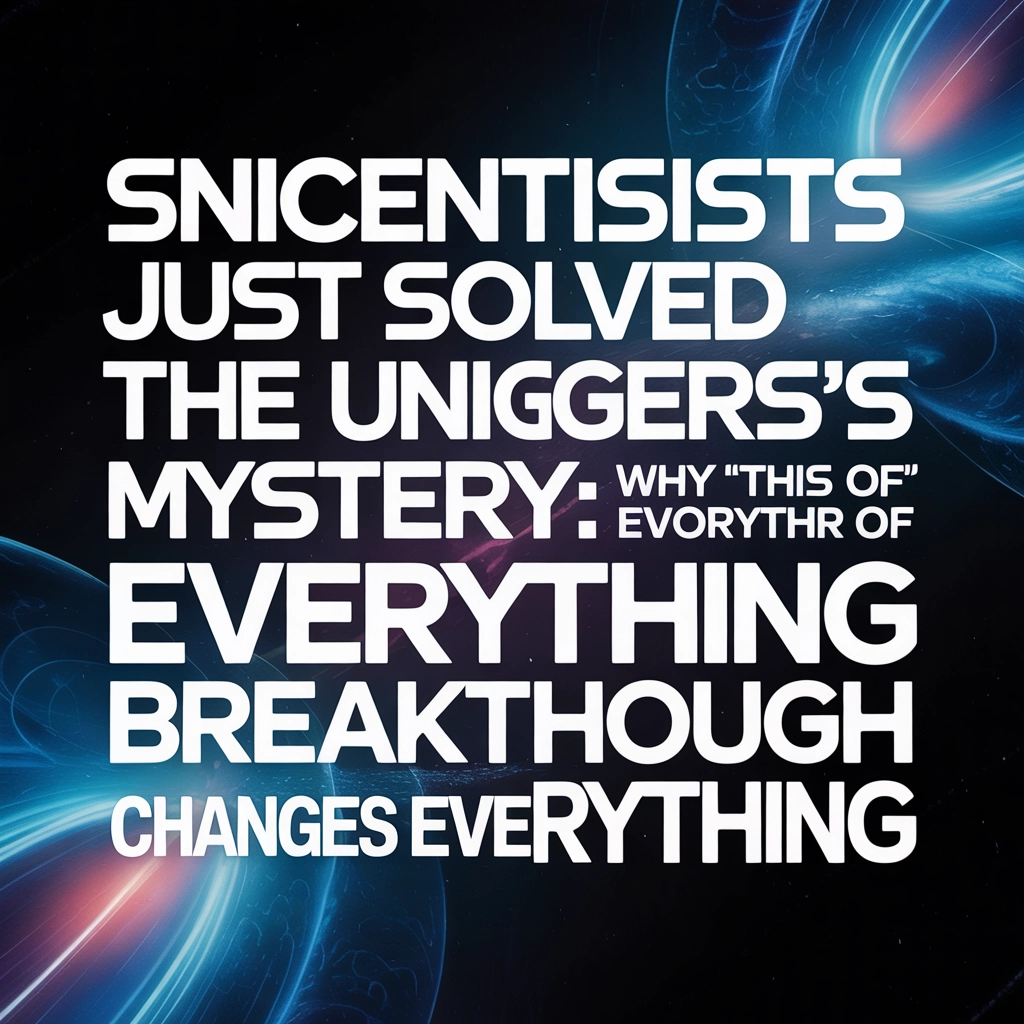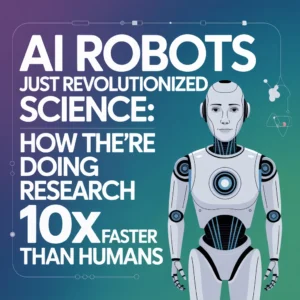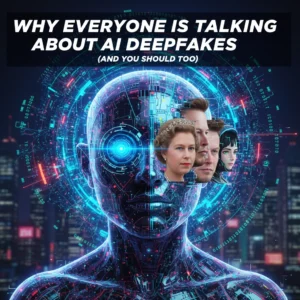Ever wonder what would happen if you could finally explain everything in the universe with one simple equation? Well, we might be closer to that dream than you think.
For nearly a century, physicists have been trying to crack the ultimate puzzle: how to make Einstein's gravity play nice with quantum mechanics. It's like trying to get two stubborn friends to agree on pizza toppings – except these friends control the entire universe.
But here's the kicker: researchers just made some serious headway. And no, this isn't another overhyped "breakthrough" that fizzles out in six months. This one's got legs.
What Actually Happened
Two separate research teams dropped some major bombshells in the physics world recently. Let's break it down without all the academic jargon.
First up, researchers at Aalto University in Finland – Mikko Partanen and Jukka Tulkki – created something called a "quantum theory of gravity." Sounds fancy, right? Here's what it actually means: they figured out a way to describe gravity using the same mathematical language that works for all the other forces in nature.
Think of it this way. You've got four fundamental forces: electromagnetic (think magnets and electricity), weak nuclear (radioactive decay), strong nuclear (what holds atoms together), and gravity. The first three already speak the same math language. Gravity? It's been the weird kid who speaks a completely different dialect.
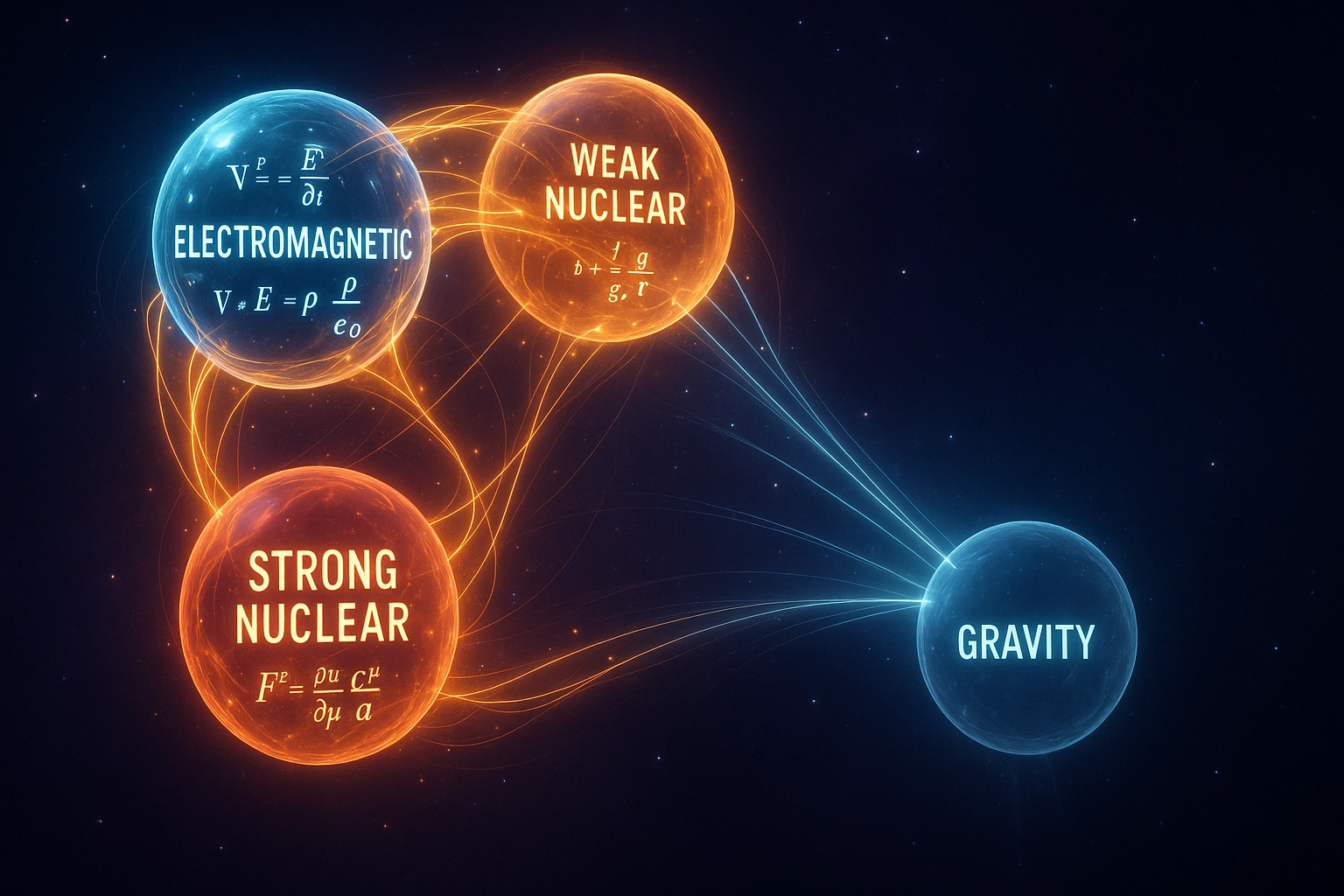
These Finnish researchers basically taught gravity to speak the same language as everyone else. Their work got published in "Reports on Progress in Physics," which is like getting your paper published in the physics equivalent of the New York Times.
But wait, there's more. Another team – Adrian David Cheok from China and Chavis Srichan from Thailand – approached this whole thing from a different angle. They published research showing that quantum mechanics and general relativity might actually come from the same underlying geometric principles. It's like discovering that two seemingly different recipes actually use the same basic ingredients.
Why This Matters More Than You Think
OK, so scientists created some new math. Big deal, right? Wrong. This could change literally everything. Here's why:
• Black holes finally make sense: Right now, our equations basically throw a tantrum when they try to describe what's inside a black hole. They spit out "infinity" as an answer, which is math-speak for "I have no clue." A unified theory could actually tell us what's really happening in there.
• The Big Bang gets less mysterious: We can't currently explain what happened in the first split second after the universe began. Quantum effects and gravity were both going crazy, and our current theories just can't handle that chaos.
• We might solve the matter mystery: Ever wonder why there's more matter than antimatter in the universe? Our current theories can't explain it. A complete theory might finally give us the answer.
• Space and time might not be fundamental: These theories suggest that space and time themselves might emerge from deeper quantum processes. Mind blown yet?
The implications go way beyond just satisfying our curiosity. History shows us that when physicists figure out how the universe really works, technology follows. Quantum mechanics gave us computers and lasers. Relativity gave us GPS. Who knows what a unified theory might unlock?
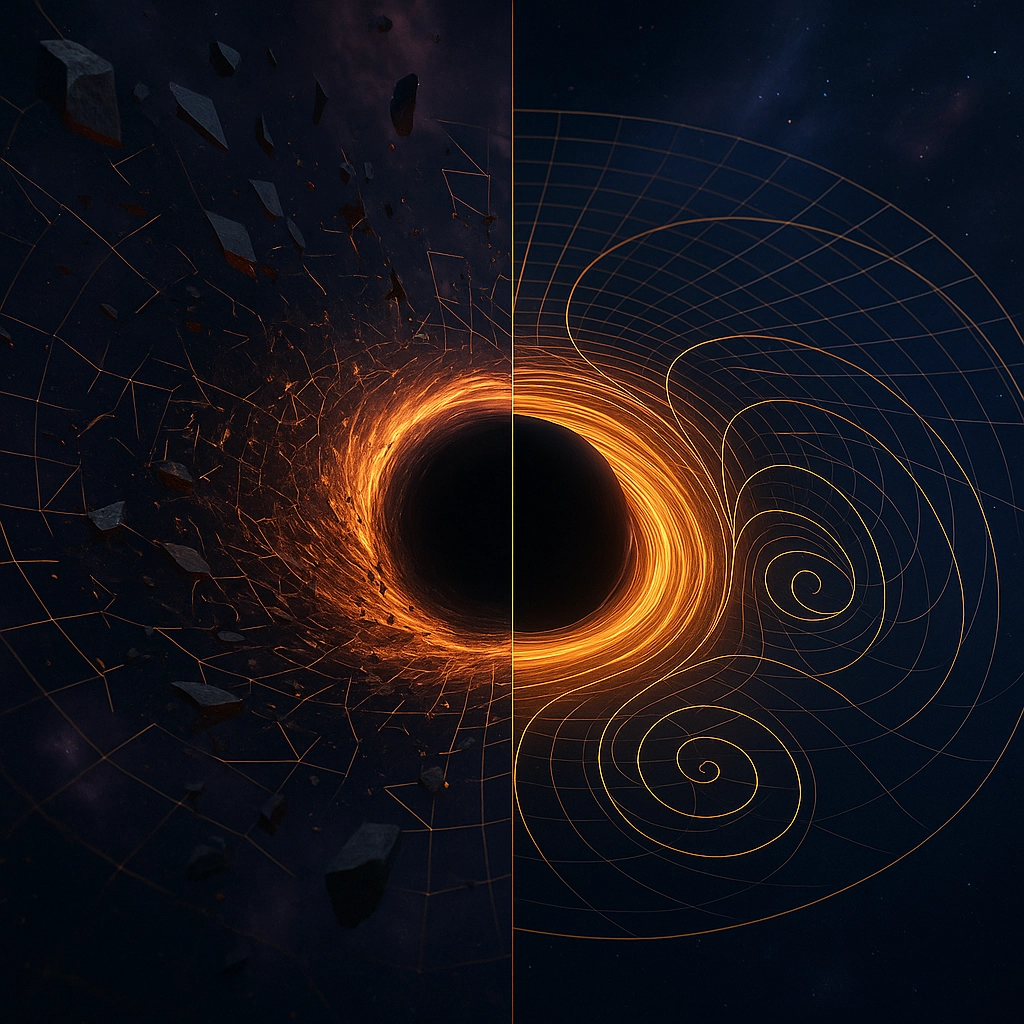
The Real-World Impact
Let me tell you about Sarah, a hypothetical physicist working in 2030. She's using principles from these unified theories to develop quantum computers that can actually maintain their quantum states at room temperature. Why? Because the new understanding of how gravity and quantum mechanics interact revealed ways to shield quantum systems that nobody had thought of before.
Her breakthrough leads to quantum computers you can buy at Best Buy. Suddenly, drug discovery that used to take decades happens in months. Climate modeling becomes so precise that we can predict weather patterns years in advance. Artificial intelligence leaps forward because these quantum computers can process information in ways we never imagined.
This isn't science fiction – it's the kind of progression we've seen before when fundamental physics makes a leap forward.
But here's the thing: we're not quite there yet. The Aalto team admits they still need to complete their mathematical proofs. As Partanen puts it, "There are still challenges ahead, but with time and effort, I expect they'll be overcome. I can't say when, but I can say we'll know much more about that in a few years."

What's Next
The biggest challenge isn't mathematical – it's practical. How do you test theories that describe physics at scales so tiny and energies so extreme that we can't even build experiments to check them?
That's where the scientific community comes in. These papers were published precisely so other researchers can pick them apart, check the math, and build on the foundations. It's like open-source software development, but for understanding reality itself.
Some physicists are cautiously optimistic. Others are skeptical. That's exactly how science should work. The theories need to survive scrutiny from thousands of brilliant minds before we can truly say we've solved anything.
What's exciting is that both teams approached the problem from completely different angles and ended up with compatible results. That's usually a good sign in physics – when multiple paths lead to the same destination, you're probably onto something real.
The next few years will be crucial. We'll see if other research groups can replicate these results, extend the theories, or find fatal flaws. The peer review process in physics can be brutal, but that's what makes breakthroughs like this so significant when they survive.
Think about it: we might be living through one of those moments that future textbooks will mark as a turning point in human understanding. Like when Newton figured out gravity, or when Einstein showed us that space and time are flexible, or when quantum mechanics revealed the weird world of the very small.
What do you think – are we really on the verge of understanding everything, or will this just lead us to discover even bigger mysteries we never knew existed?

